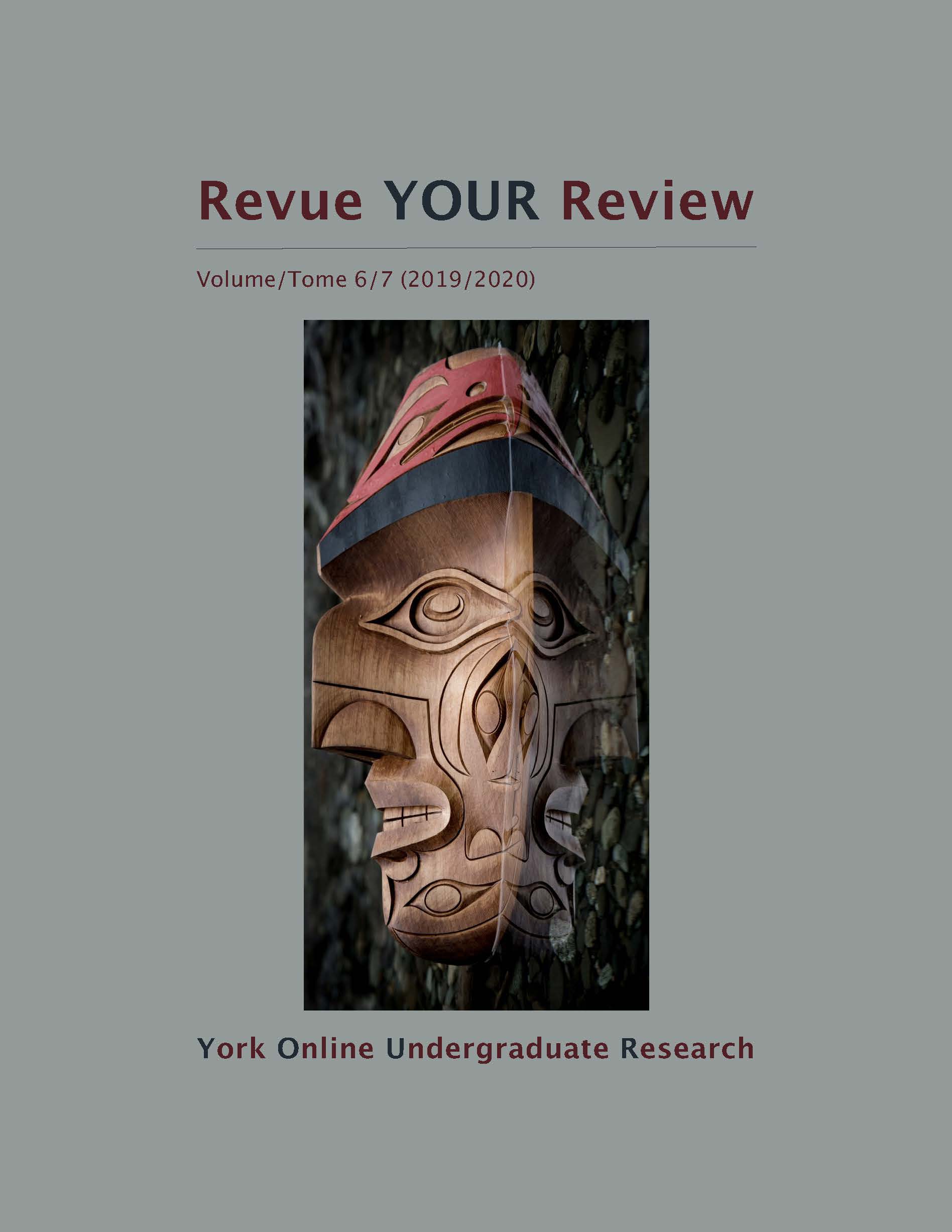Canadian Pharmacare: A Tough Pill to Swallow
Abstract
As communicable diseases continue to devastate low-income countries and non-communicable diseases elevate the global burden of disease, policymakers are beginning to investigate how to best reform the pharmacare system to meet the growing demand. The current discourse surrounding pharmacare accessibility heavily focuses on the perils of intellectual property rights. Although this is a central component to understanding and addressing the issue, it lacks contextual depth. This article frames the debate around the historical and contemporary frameworks which inform pharmaceutical policy and practises; namely capitalism, colonialism and imperialism. This is through an exploration of the governance mechanisms and power structures that are in place both locally and globally. This article also presents a case study of the Cuban healthcare system to appraise its quality and the possibility of expanding similar practices to the Canadian system. This investigation found that current pharmaceutical governance models are inadequate in protecting global health interests, that a self-sufficient national pharmaceutical system like the one implemented in Cuba can create health outcomes that surpass high-income counterparts, and that current ideologies and practises are only effective in profit creation, not the creation of equitable health outcomes. The author attempts to use this analysis to inform awareness campaigns and possible policy reform within a Canadian context. As the Canadian public and government continue to discuss the possibility of implementing a national pharmacare program, insight into how this nation can meet the needs and become a global provider would be incredibly valuable.
Downloads
Published
How to Cite
Issue
Section
License
LicenseAuthors contributing to Revue YOUR Review agree to release their articles under one of three Creative Commons licenses: Creative Commons Attribution 4.0 International; Creative Commons Attribution-NonCommercial 4.0 International; or Creative Commons Attribution-NoDerivatives 4.0 International. All editorial content, posters, and abstracts on this site are licensed under Creative Commons Attribution-NoDerivatives 4.0 International. For further information about each license, see:
https://creativecommons.org/licenses/
In all cases, authors retain copyright of their work and grant the e-journal right of first publication. Authors are able to enter into other contractual arrangements for the non-exclusive distribution of the e-journal's published version of the article (e.g., post it to an institutional repository or publish it in a book or in another journal), with an acknowledgement of its initial publication in this e-journal.


